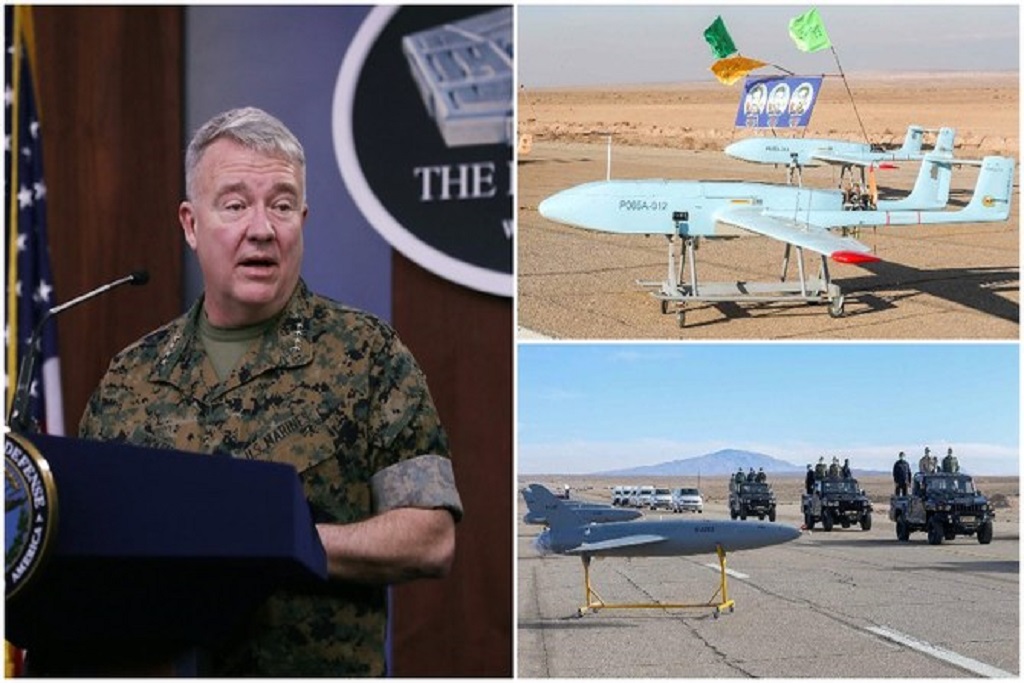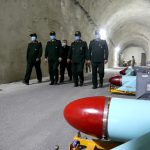Kenneth Mackenzie, commander of the U.S. Central Command, attended a meeting of the U.S. Senate Armed Services Committee last March to hear the growing threat of drones to the United States and Israel.
Faraan: In this meeting, he was asked why the threat continued despite spending billions of dollars over the years. He replied briefly by saying: “We are now in the process of developing anti-UAV systems. Achieving the goal takes time.” Mackenzie told a meeting of the House Armed Services Committee last April, “UAVs are a new and complex threat to our forces, our partners and our allies. We are now, for the first time since the Korean War, operating without having the complete air superiority.
The significance of Mackenzie’s remarks underscores the inability of Israel’s allies in the region to deal with such threats, which the US general acknowledges have been hijacked by Washington’s seven decades of air success.
There is no doubt that the United States and Israel, along with their allies in the region, are working to find solutions to reduce the threat. It is no longer a secret that all the meetings of the American and Israeli officials in Washington and Tel Aviv about such threats are in this direction.
According to the Hebrew media (Al-Monitor on April 28, 2021), US National Security Adviser Jack Sullivan met with his counterpart Mayer bin Shabbat at the Israeli Embassy in Washington in the presence of Mossad chief Yossi Cohen, Israeli Ambassador to the United States Gilad Erdan and other senior Security Council officials. The meeting discussed how to counter the Iranian threat through drones and missile power, which has become a threat “not only to Washington’s partners in the region, but also to the US troops.”
In the American view, the “Middle East partners” must defend themselves collectively, while Washington seeks to focus its core efforts on Asia. According to the Hebrew media, “this threat alone cannot be countered through the sale of American weapons.” Hence the “partnership” between “Israel” and a number of Gulf Arab regimes aimed at jointly confronting the threats.
It should be noted that the firing of the Lebanese “Hassan” drone emphasized that the threats had doubled. If Israel is unable to defend itself against such threats, how can it protect itself and its new allies in the Persian Gulf? This threat cannot disrupt the enemy’s will by strengthening relations with the Persian Gulf countries for joint defense and countering various precision drones and missiles. This is because leaving the Persian Gulf regimes without support and “security”, albeit indirectly, will lead them to real, albeit coercive, neutrality with Iran, if this fear leads to a positive shift towards Tehran to the detriment of Israel and not America.










